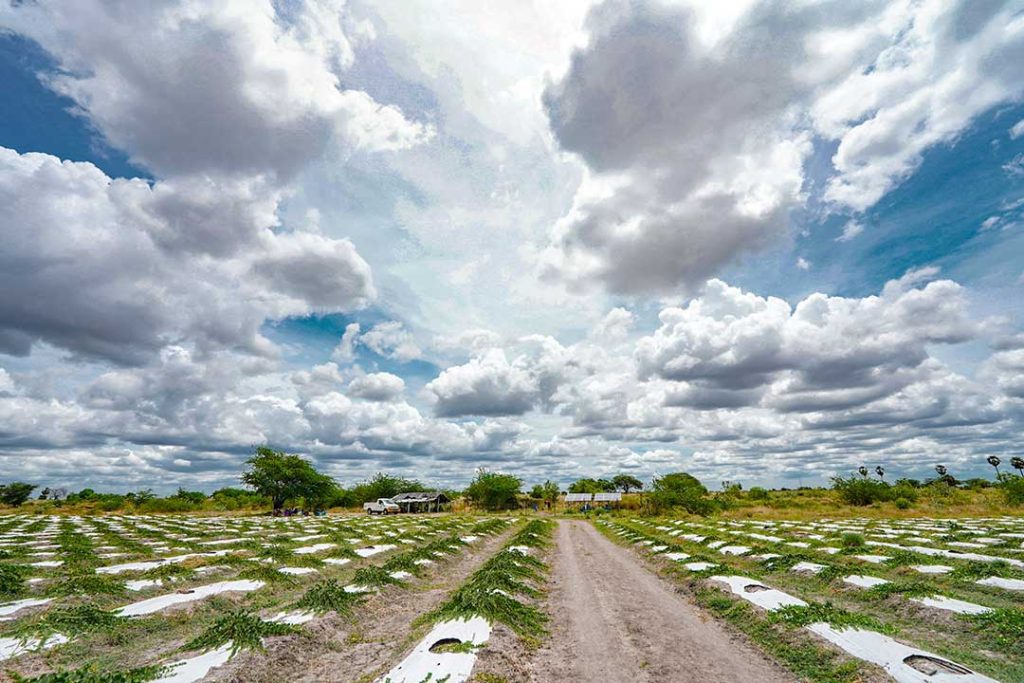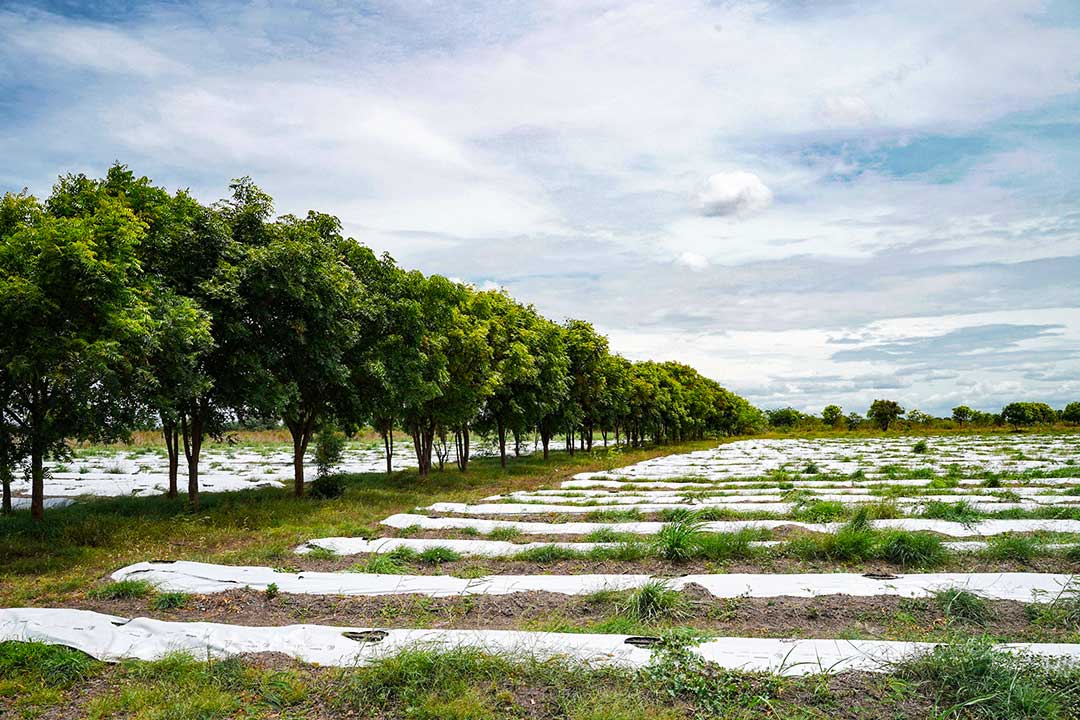The Beginning – Notes From The Ground
From the invention of the microwave oven to that of the potato chips and post-it notes, several vital accomplishments were in fact pure accidents. Ishka Farms’ genesis too in some ways is a tale of serendipity that began in a direction quite different from where it finally came to be.
One cool, sunny day at the start of this millennium, Srikant, the sagacity behind Ishka, was with his father in their ancestral village near Charmarajanagar in Karnataka, attending a small event honoring their family for their contributions of a play ground land to the village school. The thanksgiving function stirred something deep within him – the villagers were acknowledging deep gratitude for a tiny gesture which would be ahuge windfall for the village’s welfare in years to come.
Inspired by the extent to which the villagers’ lives were being changed by a mere donation, Srikant felt this was the kind of population where more resources should be funneled into. He had been mulling a renewable energy project – a work-in-progress that could take shape as a bio-diesel factory, a solar, or wind farm – all of which needed a large parcel of land. One or more of the villages around Charmarajanagar could be the ideal place for his pet project.
Srikant began putting his thoughts into action immediately upon returning home to Kochi. A series of organized and spontaneous occurrences started taking shape. While impediments prevented situating the project in Karnataka, land acquiring and procedures seem to fall into place on their own when he started looking at options that would benefit less developed areas in the Tuticorin district of Tamilnadu. Renewable energy professionals were invited to assess the tract of land acquired in and around the villages of Neeravipudupatti, Arungulam, Keela Eral, Padarnthapuli and Vilathikulam. How effective will a bio-diesel factory using juliflora (karuvelam) as raw material be? Will the 365 acres suit a wind farm or solar farm? Where is the nearest electric sub-station? What are the cost implications, etc.
While this was happening, also quite by chance another meeting took place between Srikant and a South American agro-engineer in a bar in St.Petersburg (yes, as in Russia – that’s not a typo). The word capers was whispered in his ears and it was not the vodka talking. The more he understood growing capers, the more it became clear that the soil, weather, water and labor requirements in the land he had just bought, would suit, (nay be ideal) for growing organic capers. Producing an essentially Mediterranean-food condiment in southern India was a bit of a stretch by any measure. Can it be done?
Deeper learning about caper farming involved visiting established caper farms. The nearest farms were in Europe, Mexico and South America, not exactly a day trip from Kochi. An exploratory trip was the only way to convince himself he was not stepping into a large undertaking purely on a whistle and a whim. Srikant planned trips to Argentina, Israel, San Diego USA, Baja California in Mexico and Pantelleria in Italy. The farm visits only underscored what he already knew, farming capers was not going tobe a cakewalk. But he was up to the challenge.
To make sure his assessment that the conditions in the land in Tamilnadu was perfect for capers, he then invited his Argentinian acquaintance to Neeravipudupatti. At the meeting, squatting down in the field under a large banyan, the only tree for miles around that had survived several failed monsoons, the soil analysis reports and the water-test paperwork between them under granite-stone paperweights, a decision was made. Ishka Farms was born.


